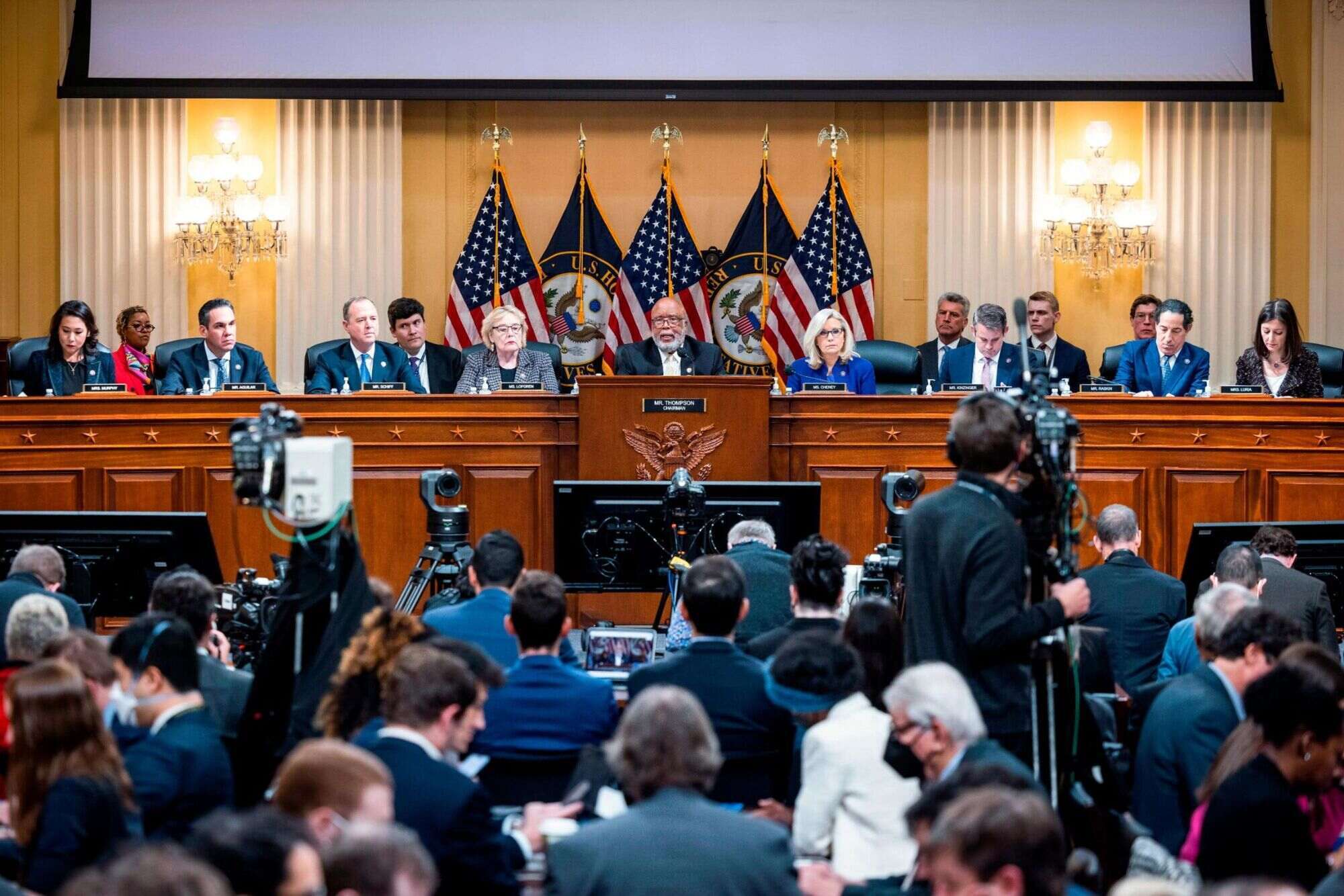
Senate hearings play a crucial role in the legislative process, providing a platform for discussion, debate, and decision-making. Ever wondered what really happens behind those closed doors? Senate hearings are where laws get scrutinized, officials get grilled, and policies are shaped. These sessions can be intense, revealing, and sometimes even dramatic. From confirming Supreme Court justices to investigating national crises, Senate hearings are pivotal in shaping the nation's future. But what makes these hearings so significant? How do they impact everyday lives? Let's dive into 28 intriguing facts about Senate hearings that will shed light on their importance and inner workings.
What Are Senate Hearings?
Senate hearings are a vital part of the legislative process in the United States. They serve various purposes, from investigating issues to confirming presidential appointments. Here are some intriguing facts about Senate hearings.
-
Senate hearings are public meetings where committees gather information or opinions on proposed legislation, public policy, or other matters.
-
These hearings can be held by any of the Senate's standing, special, or select committees.
-
The Senate Judiciary Committee is one of the most well-known committees for holding high-profile hearings, especially for Supreme Court nominations.
Historical Significance of Senate Hearings
Senate hearings have played a crucial role in shaping American history. They have been the stage for some of the most significant political moments.
-
The Watergate hearings in 1973 led to the resignation of President Richard Nixon.
-
The Army-McCarthy hearings in 1954 exposed the excesses of Senator Joseph McCarthy's anti-communist crusade.
-
The Iran-Contra hearings in the late 1980s investigated the Reagan administration's secret arms sales to Iran.
The Process of Senate Hearings
Understanding the process of Senate hearings can shed light on how they function and their importance in governance.
-
Hearings usually begin with opening statements from committee members and witnesses.
-
Witnesses can be government officials, experts, or private citizens with relevant information.
-
Senators have the opportunity to question witnesses, often leading to revealing and sometimes contentious exchanges.
Types of Senate Hearings
There are different types of Senate hearings, each serving a unique purpose.
-
Legislative hearings focus on proposed bills and legislation.
-
Oversight hearings review the implementation and effectiveness of existing laws and government programs.
-
Investigative hearings examine specific issues or allegations of wrongdoing.
-
Confirmation hearings evaluate presidential appointments to executive and judicial positions.
Notable Senate Hearings
Some Senate hearings have garnered significant public attention and media coverage due to their impact and the personalities involved.
-
The Clarence Thomas Supreme Court confirmation hearings in 1991 were marked by Anita Hill's testimony on sexual harassment.
-
The Benghazi hearings in 2013 and 2015 scrutinized the Obama administration's handling of the 2012 attack on the U.S. consulate in Libya.
-
The Facebook and Cambridge Analytica hearings in 2018 addressed data privacy concerns and the influence of social media on elections.
The Role of Media in Senate Hearings
Media coverage can amplify the impact of Senate hearings, bringing them into the public eye and shaping public opinion.
-
Televised hearings, like the Watergate hearings, can captivate the nation and influence political outcomes.
-
Social media platforms now play a significant role in disseminating information and public reactions to hearings.
-
Journalists often provide real-time analysis and fact-checking during high-profile hearings.
The Impact of Senate Hearings
Senate hearings can lead to significant political and social changes, influencing legislation and public policy.
-
Hearings can result in new laws or amendments to existing laws based on the findings and recommendations.
-
They can lead to the resignation or removal of public officials found guilty of misconduct.
-
Public awareness and advocacy can be heightened through the exposure of issues during hearings.
Behind the Scenes of Senate Hearings
There is a lot that goes on behind the scenes to prepare for and conduct Senate hearings.
-
Staff members conduct extensive research and gather evidence to support the committee's work.
-
Witnesses often undergo pre-hearing interviews and briefings to prepare for their testimony.
-
Security measures are in place to ensure the safety of participants and the integrity of the proceedings.
The Future of Senate Hearings
As technology and society evolve, Senate hearings may also change in how they are conducted and perceived.
-
Virtual hearings have become more common, especially during the COVID-19 pandemic, allowing for remote participation.
-
Advances in technology could lead to more interactive and accessible hearings for the public.
-
The increasing role of social media may continue to shape the dynamics and impact of Senate hearings.
Final Thoughts on Senate Hearings
Senate hearings play a crucial role in shaping policies and holding officials accountable. They offer transparency, allowing the public to witness the legislative process. These hearings can be intense, with senators grilling witnesses to uncover the truth. Sometimes, they even become historical moments, like the Watergate hearings. While they might seem dry, they’re essential for democracy. They ensure that decisions aren’t made behind closed doors and that leaders answer to the people. So next time you hear about a Senate hearing, remember its importance. It’s not just political theater; it’s a vital part of how our government works. Whether it’s confirming a Supreme Court justice or investigating a scandal, these hearings matter. They keep our leaders in check and our democracy strong.
Was this page helpful?
Our commitment to delivering trustworthy and engaging content is at the heart of what we do. Each fact on our site is contributed by real users like you, bringing a wealth of diverse insights and information. To ensure the highest standards of accuracy and reliability, our dedicated editors meticulously review each submission. This process guarantees that the facts we share are not only fascinating but also credible. Trust in our commitment to quality and authenticity as you explore and learn with us.


